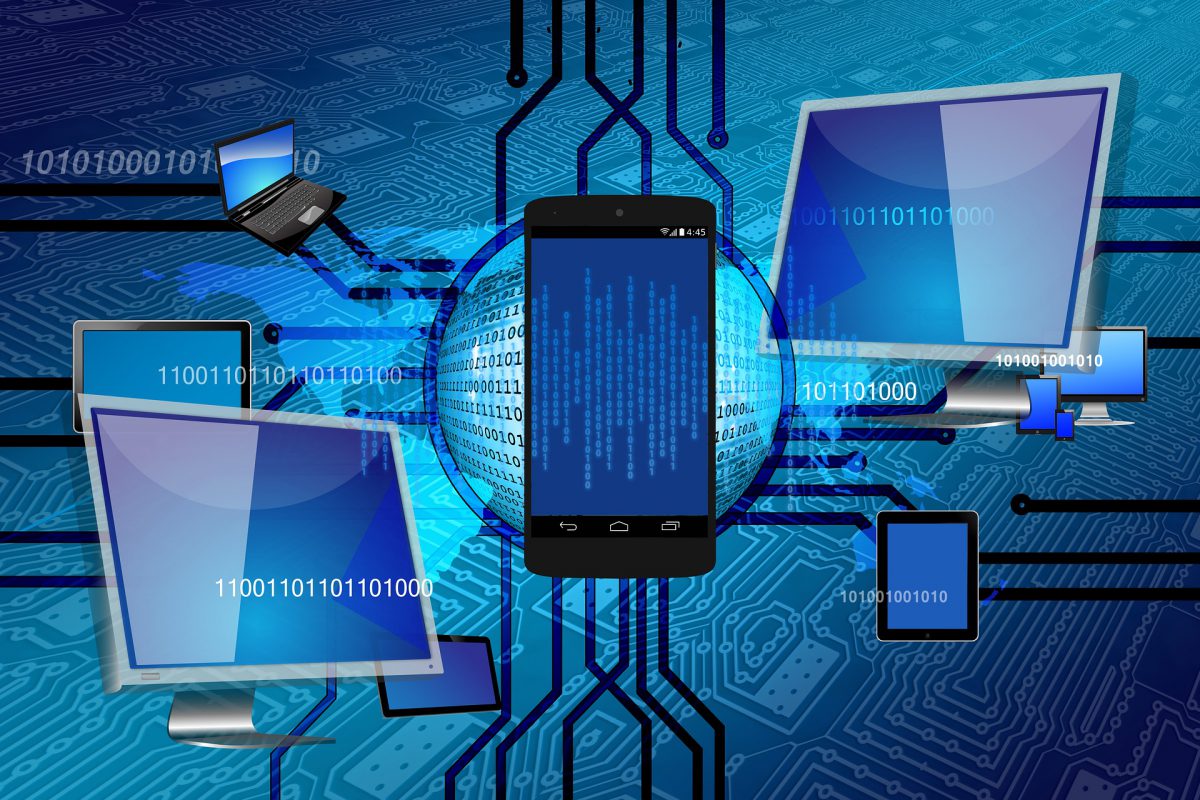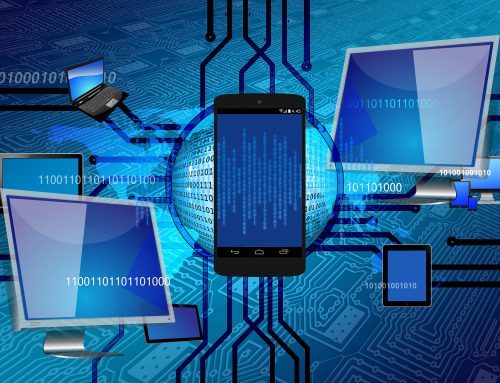When it comes to automated communication in companies, it goes without saying that a central social megatrend of recent years should not be ignored. It will permanently change our coexistence and behavior in the business world. We are of course talking about digitization.
A particularly clearly recognizable change due to the digital transformation relates to business processes (workflows), i.e. processes and procedures within companies and authorities. General business processes and their work sections and work steps defined by the process organization have so far only been supported to a limited extent by IT technology. Many business processes, especially when interacting with third parties, had many breaks and also non-IT parts, which then often had to be processed manually.
Overflowing inboxes and fraud trojans – the need for automation in digitization is increasing
A simple example of this are e-mails that are optimally transported by IT, but then remain in a user’s inbox until the user reads and processes them. Another, but also decisive, dimension of manual processes is their susceptibility to errors and security risks, for example from phishing emails, fraud or blackmail trojans. In addition, the ever increasing volume of e-mails leads to an overload of employees, which can lead to an increasing error rate. The flow of processing emails is consequently inefficient.
The digitization of business processes is about not only supporting expensive, superfluous, error-prone or security-critical manual parts of the workflow by IT, but also mapping them and thus automating them. This is a new quality. IT provides standardized processes as well as user-friendly and input-plausibilizing interfaces that also address non-IT-savvy employees and customers. Furthermore, these interfaces can be optimized through extensive automation and autonomization in such a way that the weaknesses listed above simply disappear.
Digitization is advancing – but the necessary maturity is still lacking
It is important that the new technology is accepted by users and customers, because if the wishes associated with the digital transformation remain unfulfilled, there will be no economic success either. However, it is also clear that the new technological approaches in particular enable companies and organizations to provide device-independent solutions with situation-adapted and safe interfaces to people and machines. Anyone who strategically deals with the added value of the various new technologies can set the course for a prosperous future at an early stage.
Modern technologies enable continuous business processes and the flexible and real-time-driven processing of data. This promotes business. What is still missing are consistent standards. Many business processes are currently still too individual and not yet mapped using workflows. In many cases, the necessary maturity and standardization are still lacking. SYDECON has long been supporting customers such as Bayer Crop Science, Johnson & Johnson and others in implementing and setting up automated communication. Find out more in our services. Stay up to date on LinkedIn!






Leave A Comment